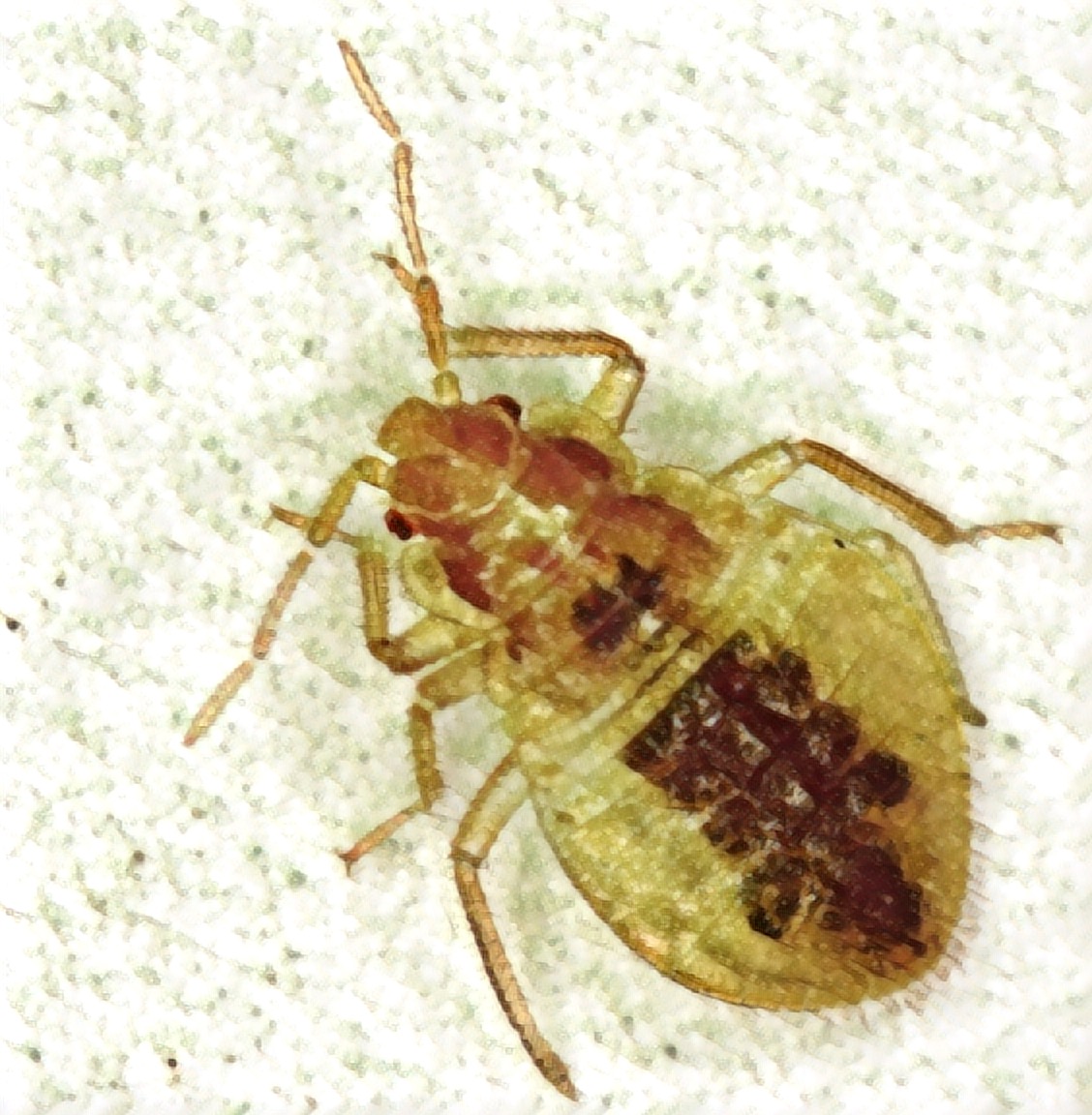
“Did you see that gun?” my colleague asked me as we left the home of our shared client.
I had indeed seen the gun. I also saw a machete. And a heroin spoon bent upon a cache of used needles. And countless bed bugs.
Such is the life of a community-based social worker.
After ten years in the provision of community-based mental health and homeless services, I have lost count of the situations I found uncomfortable, unsafe or otherwise precarious.
A few do stand out. I have been chased by three dogs and one person. I have been propositioned, confronted, threatened and trapped. My car tire has been slashed, and I once found a crack rock in my front seat after a client exited my vehicle.
I swear, Officer, it is not mine.
The troubling truth about my experiences in community-based social work is that they are not unique to me as a provider, nor are they an indication of any lack in regard to my clinical competency. These experiences are a reflection of yet another occupational hazard of social work: threats to personal safety.
What I would not some days give for the simplicity of a merely hostile work environment.
Community-based social workers tend to normalize disconcerting and unnerving experiences as part of their job and nothing more. It is not until we see the faces of others as we tell a work tale that we realize these incidents may not be so normal after all. We somehow forget that not everyone stumbles upon meth labs now and again.
So we stop sharing and discussing the happenings of our day that leave us disturbed. We do not want to shock, burden or perturb the individuals in our support system. These individuals are well-meaning but never know quite what to say anyway.
And we do not even bother to mention such things to our colleagues, either because we do not want our abilities as social workers judged or because we falsely believe that the unsafe things that happen are related to our professional prowess. Or maybe even what we perceive as a character flaw within ourselves.
Community-based social workers start to feel guilty for voicing safety concerns. We spend much of our time and all of our energy defending and advocating for the vulnerable populations we serve. We uphold the impact of struggles such populations have endured and we explain the resulting behaviors and circumstances in an environmental context. We do this so that others may stop criticizing and condemning those that are systemically disenfranchised.
More than anything we want others to see the inherent value in our clients and the worth of their perspectives and lives. It starts to feel hypocritical to advocate for and empower our populations to recover while hoping we do not bring their bed bugs into our own homes, while lamenting our unwitting exposure to drug residue and while speaking freely about encounters that threaten our safety.
We rationalize that if we keep quiet about such things, there will be no fuel for the fire of stigma and oppression ignited by the social work equivalent of Muggles.
And yet like with any kind of subjugated and shamed matter, we must shed light on the perils of community-based social work. Though by and large my experiences in the community have been positive, safe and fulfilling, bad things can and do happen to good social workers.
Still, I would not trade my tales of drugs and bugs and weapons (oh my) for a damn thing. Such experiences have kept me from complacency. I rest easy knowing that even amidst these challenging, complicated and daunting circumstances, the possessors of such hazards are treated with dignity and appreciated by one of this world’s community-based social workers.